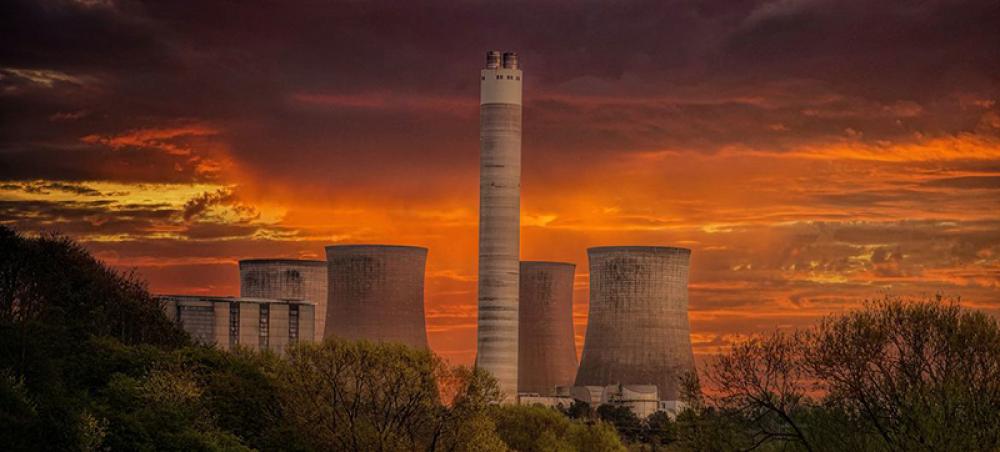Just Earth News | @justearthnews | 08 Nov 2023

The increased use of fossil fuels is inconsistent with limiting global warming. Photo Courtesy: Unsplash/Johannes Plenio
Contrary to pledges to cut fossil fuel production, government policies worldwide will add up to a doubling of production in 2030, a new report from the UN environment agency (UNEP) revealed on Wednesday.
“The 2023 Production Gap report is a startling indictment of runaway climate carelessness,” the UN Secretary-General António Guterres said in his message accompanying the landmark report.
This hike in fuel extraction comes despite 151 national governments having pledged to achieve net-zero emissions.
The latest forecasts suggest that global coal, oil, and gas demand will peak this decade, even without new policies.
When combined, government plans would lead to an increase in global coal production until 2030, while global oil and gas production will continue growing until at least 2050.
“In other words, governments are literally doubling down on fossil fuel production; that spells double trouble for people and planet,” the UN chief commented.
Alarming data
The research conducted by Stockholm Environment Institute (SEI), Climate Analytics, E3G, International Institute for Sustainable Development (IISD) and the UN Environment Programme (UNEP) urges countries to aim for a near total phase-out of coal production and use by 2040.
The report also calls for at least a 75 per cent reduction in oil and gas production by 2050, compared with 2020 levels. All this is of paramount importance since risks and uncertainties of carbon capture and storage, as well as carbon dioxide removal, are significant.
While 17 of the 20 countries featured in the report have pledged to achieve net-zero emissions – and many have launched initiatives to cut emissions from fossil fuel production activities – none have committed to reduce coal, oil, and gas production in line with limiting global warming to 1.5 degrees Celsius.
Although at the 26th Conference of the Parties (COP26) in Glasgow two years ago governments agreed to accelerate efforts towards “the phasedown of unabated coal power”, the production and use of fossil fuels has still reached record-high levels.
“Countries must phase out coal – by 2030 in OECD countries and 2040 elsewhere. And the G20 must take the lead in ending licensing and funding for new oil and gas,” said Guterres, calling on world leaders to “save humanity from the worst impacts of climate chaos, and profit from the extraordinary benefits of renewable energy.”
Clear signal
The report co-authors believe that governments with greater capacity to transition away from fossil fuels should aim for more ambitious reductions and help support the transition processes in countries with limited resources.
The UN chief thinks that at COP28 – the UN climate summit in Dubai at the end of this month – world leaders must send a clear signal that “the fossil fuel age is out of gas – that its end is inevitable.”
For that to happen, credible commitments to ramp up renewables, phase out fossil fuels and boost energy efficiency are needed to safeguard a just and equitable transition.
“Fossil fuels are sending essential climate goals up in smoke. It’s time for change,” asserted Guterres.